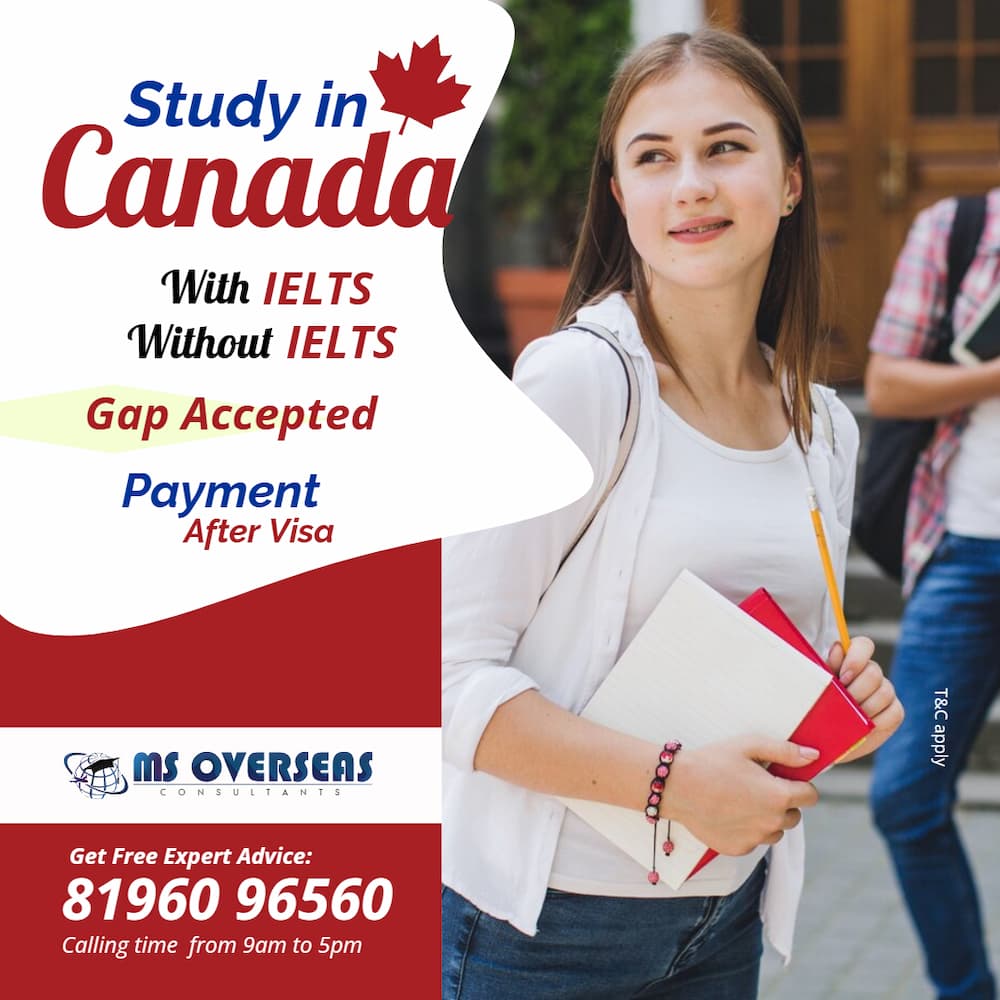Navigating the landscape of immigration policies can be challenging, especially for international students aiming to build a future in Canada. The Post-Graduation Work Permit (PGWP) is a significant component of this journey, offering students the opportunity to gain Canadian work experience after their studies. Recently, the Immigration, Refugees and Citizenship Canada (IRCC) announced proposed changes to the PGWP program, which aim to better align the issuance of permits with Canada’s labor market needs. This article will address common questions about the PGWP, helping you understand how it works and how it can benefit you. Navigating Canada PGWP
What is a PGWP?
A PGWP is an open work permit granted to international students who complete an eligible program at a Designated Learning Institution (DLI) in Canada. This permit allows graduates to work anywhere in Canada and gain valuable work experience, which can be crucial for those seeking permanent residency through various immigration pathways. The PGWP is highly popular because it offers flexibility and an opportunity to transition from student life to professional work in Canada. Navigating Canada PGWP

Am I Eligible for a PGWP?
Eligibility for a PGWP depends on several criteria:
Completion of an Eligible Program:
You must have completed a post-secondary program (academic, vocational, or professional training) that lasted at least eight months at a Canadian DLI. This program should result in a degree, diploma, or certificate. Navigating Canada PGWP
Full-Time Student Status:
You need to have maintained full-time student status during each academic session of your program in Canada. Exceptions are made for the final session, which can be part-time if it’s all that’s needed to complete the program. Navigating Canada PGWP
Documentation:
You must have received a transcript and an official letter from your DLI confirming that you have met the requirements to complete your program.
For more detailed information about eligibility, you can visit the dedicated PGWP eligibility page on the IRCC website.
How Much Does a PGWP Cost?
The application fee for a PGWP is CAD $255. If you need to restore your student status before applying for the PGWP, you will need to pay an additional CAD $379. It’s important to budget for these costs and ensure you have the necessary funds ready when applying.
How Long is a PGWP Valid?
The validity of a PGWP depends on the length of your study program:
Programs Less than Eight Months:
These programs are ineligible for a PGWP.
Programs of Eight Months or More:
The PGWP will be valid for the same length as your study program. For example, if your program was nine months long, your PGWP will also be valid for nine months.
Programs of Two Years or More:
You may receive a PGWP valid for up to three years.
Multiple Programs:
If you completed more than one eligible program, you could receive a PGWP valid for the combined length of those programs.
Master’s Degree Programs:
For Master’s degree programs of eight months or more, you can apply for a three-year PGWP, even if the program was less than two years long. Navigating Canada PGWP
Can I Apply for a Job Before I Get My PGWP?
Yes, you can start applying for jobs before receiving your PGWP if you meet the following criteria:
- Full-Time Enrollment: You were enrolled full-time at a DLI in an eligible program.
- Program Completion: You have completed your program of study.
- Adherence to Work Hour Limits: You have adhered to the permitted number of work hours during your studies.
It’s a good idea to start your job search early to secure employment as soon as your PGWP is approved.
Can I Travel Outside Canada While Waiting for My PGWP?
Yes, you can travel outside of Canada while waiting for your PGWP, provided you have a valid visa or Electronic Travel Authorization (eTA). However, a study permit alone does not allow re-entry into Canada.
Here are some important points to remember:
Returning as a Student:
If your study permit is still valid, you can return to Canada as a student.
Returning as a Worker:
If your PGWP is approved while you are outside Canada, you can return as a worker.
Returning as a Visitor:
If your PGWP is still being processed, you can return as a visitor. Visitors are permitted to work without a work permit while their application is being processed.
Do I Need a Labour Market Impact Assessment (LMIA) While Working on a PGWP?
Generally, PGWP holders do not need a Labour Market Impact Assessment (LMIA) to work in Canada. However, an LMIA may be required if:
- It is necessary to meet the program requirements for the Federal Skilled Worker Program (FSWP) or the Federal Skilled Trades Program (FSTP).
- Your occupation is not LMIA-exempt.
For more details on LMIA requirements, you can visit the IRCC help centre webpage.
Can I Work in a Different Field Than What’s Listed on My PGWP?
Whether you can work in a different field depends on how your occupation is listed on your PGWP:

Additional Information Section:
If your occupation is listed here, you are not restricted to working in that field and do not need to apply for a change to your work permit.
Conditions or Remarks/Observations Section:
If your occupation is listed here, you must work in the specified field. To switch fields, you need to apply for a new work permit within Canada.
Can I Work in a Different Location Than What’s Listed on My PGWP?
Similar to working in different fields, whether you can work in a different location depends on how your employment location is listed:
Additional Information Section:
If your employment location is listed here, you are not restricted to working in that location and do not need to apply for a new work permit.
Conditions or Remarks/Observations Section:
If your employment location is listed here, you must work in the specified location. To work elsewhere, you need to apply for a new work permit within Canada.
Can I Switch Employers While Working Under a PGWP to Qualify for the Canadian Experience Class?
Yes, you can switch employers while on a PGWP, as it is an open work permit. This flexibility allows you to gain diverse work experience, which can be beneficial when applying for permanent residency through the Canadian Experience Class (CEC).
However, it’s important to note that only skilled work experience qualifies for the CEC. Skilled work experience is defined as work in occupations listed under National Occupation Classification (NOC) TEER 0, 1, 2, or 3. Ensure that your work experience meets these criteria to qualify for the CEC.
Can I Renew My PGWP?
No, PGWPs are non-renewable. Once your PGWP expires, you cannot extend it. If you wish to stay in Canada and continue working, you will need to explore other immigration options or apply for a different type of work permit.
Conclusion: Understanding the Post-Graduation Work Permit (PGWP) is essential for international students planning to build their careers in Canada. The PGWP offers a unique opportunity to gain Canadian work experience, which can be a significant advantage when applying for permanent residency. By meeting the eligibility criteria, budgeting for application costs, and adhering to the conditions of your permit, you can make the most of this valuable opportunity

Disclaimer
The information provided in this blog post is intended to offer a general overview of the Post-Graduation Work Permit (PGWP) program and its related processes. Immigration policies and regulations can change, and it is crucial to consult official sources or seek advice from immigration professionals for the most accurate and up-to-date information. The blog’s content does not constitute legal advice. Always verify current details with the Immigration, Refugees, and Citizenship Canada (IRCC) or a qualified immigration consultant.
Source: www.cicnews.com
Get Free Expert Advice: Are you ready to embark on your next adventure? Whether you’re seeking a work permit, tourist visa, or study opportunities in Canada or other countries, we’re here to help! Contact us today to learn how our expert services can simplify your journey and turn your dreams into reality. Reach out now and let’s start planning your future together!
- Canada Citizenship Requirements: Everything You Need to Know
- Mastering Part-Time Job Hunting in Canada
- Essential Free Resources for International Students Settling in Canada
Also read:
- Latest Canada Student Visa Changes 2025–26: Caps, PAL, PGWP & Proof of Funds
- Study in Ireland for Indian Students (2025): Real Data, Visa Rules, Costs, Jobs, and the Truth Behind the “New Go-To Destination” Claim
- How Trump’s New Tariffs on Canada Could Affect Indian Students Studying Abroad
- How to Improve English & Communication Skills in Australia
- Scholarship Opportunities for International Students in Melbourne

